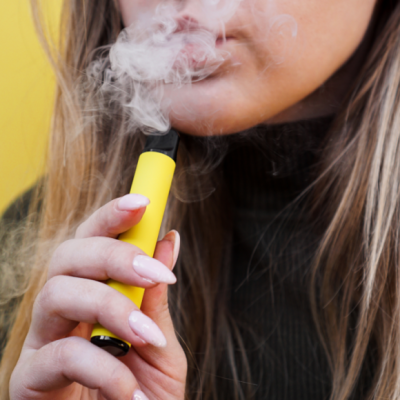A recent study conducted by researchers at the University of Texas has found that a person’s personality type can significantly influence their willingness to get vaccinated. While previous studies have analyzed vaccine skepticism in relation to political beliefs, this study sought to examine the issue from a different perspective. The researchers analyzed data from over 40,000 people in Canada who were surveyed between November 2020 and July 2021, and who also completed a personality test based on the Big Five model. The results showed that people who are open-minded and agreeable are more likely to be willing to get vaccinated, while those who are extroverted or experience extreme emotions are less likely to do so.
According to the study, the majority of people in Germany (81%) consider vaccinations to be important or very important, a significant increase from 61% ten years ago. However, despite the ongoing COVID-19 pandemic, many people in Germany and other countries still refuse to get vaccinated. The researchers at the University of Texas wanted to explore why this might be the case, and whether personality type could play a role. They found that people who are open-minded and agreeable are more likely to be willing to get vaccinated, as they are more flexible and receptive to new information. Similarly, people who are highly conscientious and detail-oriented are also more likely to get vaccinated, as they are more likely to plan ahead and take precautions.
However, the study also found that some of the researchers’ hypotheses were incorrect. For example, they assumed that extroverted people would be more likely to get vaccinated, as they are more social and outgoing. However, the data showed that extroverted people were actually less likely to get vaccinated than the average person. Similarly, people who experience extreme emotions or have low emotional stability were also less likely to get vaccinated. These findings could be useful for future public health campaigns, as they suggest that different personality types may respond better to different types of messaging. By tailoring their messages to specific personality types, public health officials may be able to increase vaccination rates and improve overall health outcomes.










